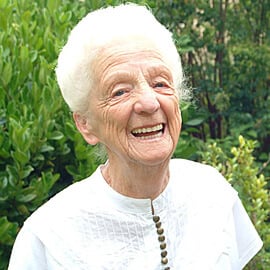Last week was bad but this week is really bad for the share price of Estia, Japara and Regis.
In the six working days to this Monday Estia’s shares dropped 43%, Japara’s dropped 27% and Regis 20%.
Analysts have been suspicious that operators have been re-rating aged care residents to higher levels of care needs to claim more money from the government. If this strategy is in play then the government ACFI funding cuts will hit them hard.
Then on Friday the Department of Health issued a paper stating fairly bluntly that ‘capital refurbishment fees’, ‘asset replacement contributions’ and similar fees would not be supported by the legislation.
Estia, Japara and Regis – plus other private operators – had all introduced these fees around June at the rate of about $15 per bed per day for new non-concessional residents.
Estia in particular is being hit because, despite a 16% growth in net profit after tax for the last financial year to $52 million, it has also been scaling back its growth forecasts. It now admits it is unlikely to grow from approximately 5,000 beds to 10,000 beds by 2020 – largely through acquisitions.
Its share price has not been helped by Quadrant Private Equity, who over 18 months built Estia up to float for over $1 billion in December 2014, bailing out of all its 31 million shares 13 weeks ago at $5.56. Then last week the original founder of Estia, Peter Arvanitis, dumped his 17.7 million shares at $3.15. Now they are $2.78 (Monday’s price).
Spare a thought for the Kennedy family who sold out their aged care portfolio in February for a value of $399 million including a good swag of Estia shares – which then were valued at $6.75 but are now valued at 69% less. And what’s worse they can’t sell them until February next year.
But the real story is the unpredictability of government funding – it is not a great business platform when investors don’t want risk. And for all operators, how can you provide stable quality services when you have unstable revenue?






